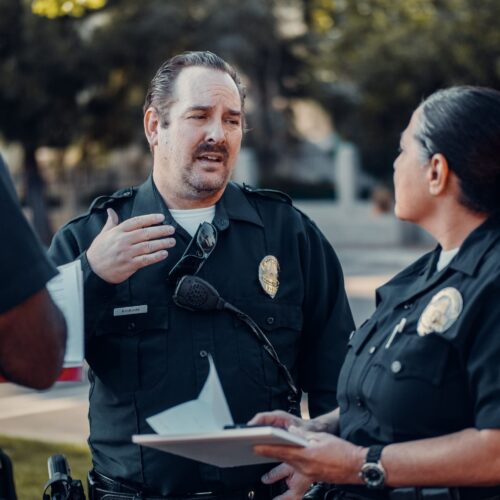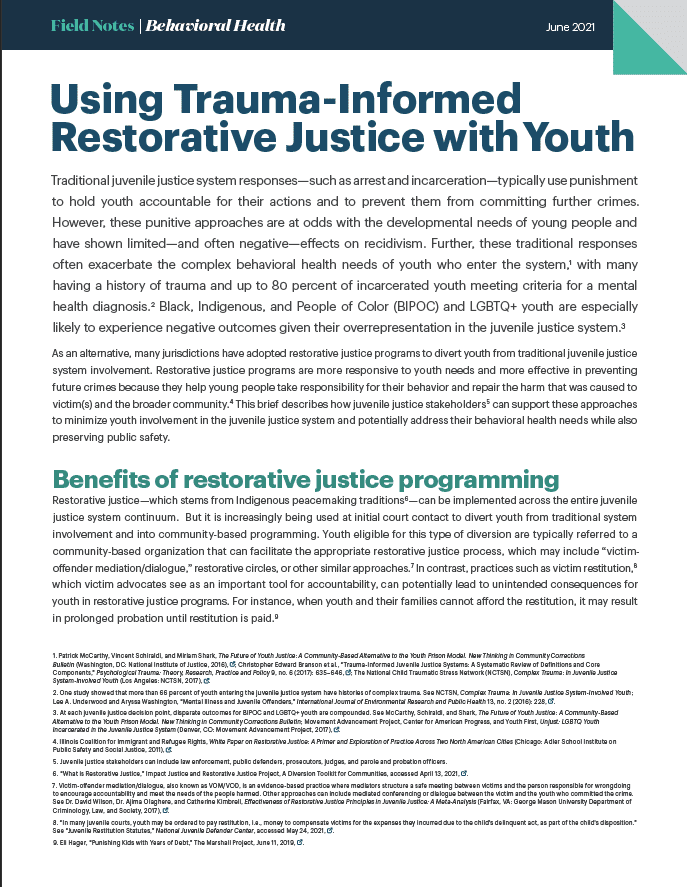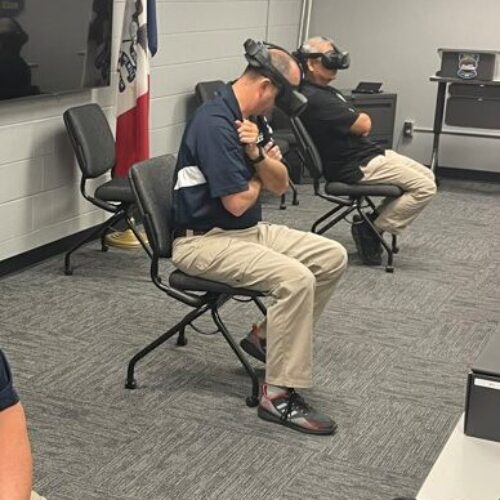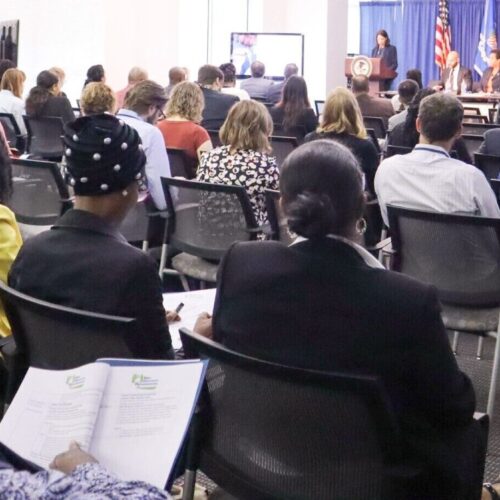Using Trauma-Informed Restorative Justice with Youth
Using Trauma-Informed Restorative Justice with Youth
Many jurisdictions have adopted restorative justice programs as a way to divert youth from juvenile justice system involvement. Unlike traditional juvenile justice system responses—such as arrest and incarceration—restorative justice programs are more responsive to youth needs and more effective in preventing future crimes because they help young people take responsibility for their behavior and repair the harm that was caused to victim(s) and the broader community. When implemented in a trauma-informed manner, they also hold young people accountable for their actions while acknowledging the impact of trauma on a young person’s behavior to determine how to best respond to their needs. This brief describes how juvenile justice stakeholders can support restorative justice approaches to minimize youth involvement in the juvenile justice system and potentially address their behavioral health needs while also preserving public safety. Photo by Martyna Bober on Unsplash.
Project Credits
Writing: Felicia Lopez Wright, CSG Justice Center
Research: Felicia Lopez Wright, CSG Justice Center
Advising: Sarah Wurzburg, Josh Weber, and Demetrius Thomas, CSG Justice Center
Editing: Darby Baham, Emily Morgan, and Katy Albis, CSG Justice Center
Design: Michael Bierman
Public Affairs: Ruvi Lopez, CSG Justice Center
About the Author
With support from the U.S. Department of Justice’s Office of Justice Programs’ Bureau of Justice Assistance, The Council…
Read MoreUnlike drug courts, which have been informed by national standards for 10 years, mental health courts (MHCs)…
Read More Building a Better Mental Health Court: New Hampshire Judicial Branch Establishes State Guidelines
Read More
Building a Better Mental Health Court: New Hampshire Judicial Branch Establishes State Guidelines
Read More
 Apply Now to Join a Community of Practice on Police-Mental Health Collaboration Staff Wellness
Apply Now to Join a Community of Practice on Police-Mental Health Collaboration Staff Wellness
With support from the U.S. Department of Justice’s Office of Justice Programs’…
Read More















